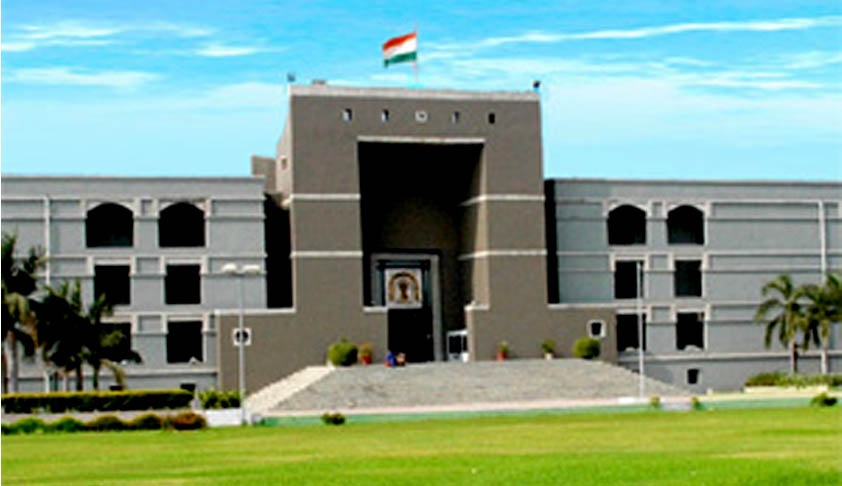Next Story
14 Dec 2014 9:33 PM IST
The Gujarat High Court in the 17 year old case involving PepsiCo Holdings India Private Ltdhas refused to set aside a case filed against the leading soft drink company for selling adulterated product.The single judge, Justice J B Pardiwala, two days ago, rejected the soft drink major's application seeking quashing of case.According to case details, a Surat Municipal Corporation's (SMC)...

